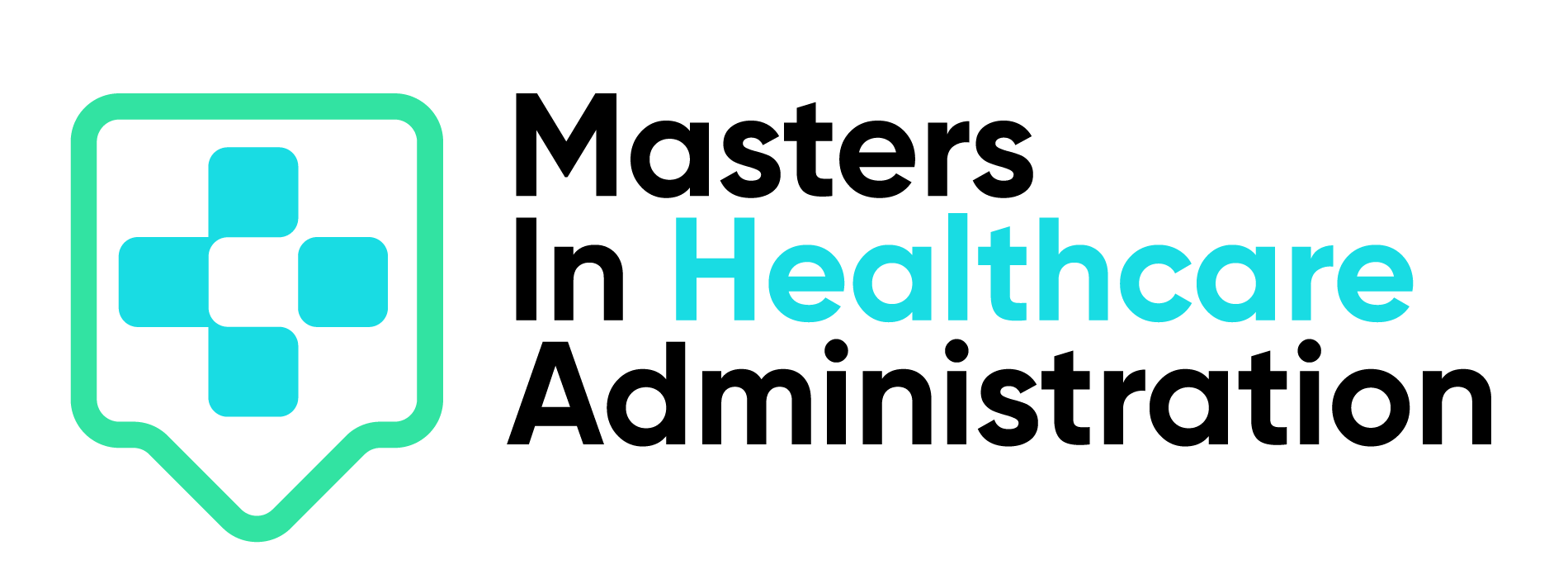Healthcare Administration and Health Information Management (HIM) are two of the more popular fields in healthcare today. Let’s take an in-depth look at these programs to help you decide which one suits your skills and career aspirations.
Healthcare Administration
Healthcare administration is the practice of overseeing staff and resources.
The focus of healthcare administration is on the patients and organizational resources, in comparison to healthcare management, which dabbles with business operations, especially those concerning finance. That said, practitioners of both fields often work with each other to ensure the seamless running of the facility.
Duties and Responsibilities
No matter where healthcare administrators work or what their job titles are, their duties and responsibilities often include the following:
- Recruit and train new staff
- Manage and retain current staff
- Create and implement staff schedules
- Develop and implement policies
- Maintain patient records
- Safekeep staff records
- Oversee stock and supply inventory
- Create and implement a supply chain management plan
- Establish compliance with local and federal policies
- Ensure adherence to set budget
- Develop risk management plans
Required Skills
To succeed in the field of healthcare administration, one must possess the following competencies:
- Administrative and operational business knowledge
- Human resource management skills
- Communication skills
- Problem-solving skills
- Strategic planning abilities
- Patient care competencies
- Mastery of quality control and assurance practices
- Legal knowledge
- Knowledge of healthcare technology (EHRs, billing/coding software)
- Mentoring abilities
- Research skills
How to be a Healthcare Administrator
Those who aspire to become healthcare administrators need to earn a bachelor’s degree. While a BS in Healthcare Administration is ideal, other health-related undergraduate programs prove advantageous as well.
After earning a bachelor’s degree, the next step is to obtain the necessary work experience in order to gain admittance to a Master in Healthcare Administration program.
You can also apply for certification programs while working towards the work experience required by your preferred MHA program.
Traditional MHA programs, whether held on-campus or online, require applicants to have 1 to 5 years of work experience. Executive MHAs, meanwhile, admit students with over 5 years of professional experience.
There are many MHA programs to choose from, but if you want to gain an upper hand in the competitive field of healthcare administration, make sure to go for a top MHA program. Ideally, select a program that is accredited by the Commission on Accreditation of Healthcare Management Education.
Considered the ‘cream of the crop,’ CAHME-accredited degrees offer quality education, exclusive scholarships and post-graduate fellowships, and most importantly, an edge in the job market.
If you want to elevate your career further, you can also pursue a doctorate degree in healthcare administration.
Career Paths and Work Environments
A graduate of a recognized healthcare administration program can gain employment as:
- Hospital administrator
- Medical staff director
- Clinic administrator
- Practice administrator
- Ambulatory care center administrator
- Community health center administrator
- Senior care staff manager
- Database administrator
- Coding and billing administrator
Given their responsibilities, healthcare administrators are often employed by hospitals, health clinics, doctors’ offices, outpatient centers, and nursing facilities. However, they may also find employment in government health agencies, universities, and biomedical research centers.
Job Outlook and Pay
According to the Bureau of Labor Statistics (BLS), healthcare administrators have a job outlook rate of 28%, which is much faster than average. The median pay for administrators as of 2022 is $50.40 per hour or $104,830 per year.
Healthcare Information Management
Considered one of the fast-growing specializations in healthcare, HIM focuses on the management and protection of sensitive patient data.
Healthcare managers need to possess a mix of business savvy, IT knowledge, and coding skills in order to fulfill their duties, as outlined below.
Duties and Responsibilities
Healthcare information managers are responsible for gathering, analyzing, securing, and maintaining health information. They are then used for billing, coding, credentialing, quality improvement, and research purposes.
Other duties include:
- Creating medical documentation systems
- Suggesting system improvements
- Performing required audits
Required Skills
Due to the sensitive nature of the work, healthcare information managers need to possess the following competencies:
- Knowledge of healthcare informatics (EHRs, billing/coding systems)
- Mastery of HIPAA laws
- Knowledge of healthcare technologies
- Technical skills
- Analytical skills
- Attention to detail
- Leadership skills
- Communication skills
How to be a Healthcare Information Manager
Similar to aspiring healthcare administrators, healthcare information managers need to have an undergraduate degree. A bachelor’s degree in Health Information Management is ideal, but again, a related degree in healthcare or information technology is a good option. However, make sure to gain units in statistics as some graduate schools require them.
Gaining work experience is again crucial, as this is oftentimes required by schools that offer Masters in Healthcare Information Management programs.
Healthcare Information Management certifications may also broaden your job opportunities even if you don’t have a Master’s degree.
Career Paths and Work Environments
Healthcare Information Management program graduates are often hired to take on the following jobs:
- HIM specialist/technician
- HIM director
- HIM consultant
- Manager/director of medical records
- Medical records analyst
- Patient information coordinator
Healthcare information managers usually work in hospitals, health clinics, doctors’ offices, and data management centers. They can also be seen in outpatient centers, nursing facilities, government agencies, universities, and research facilities.
Job Outlook and Pay
All the figures boil down to the career path chosen. Healthcare information managers who become administrators have the same job outlook rate of 28%. Similarly, they can earn as much as their fellow medical and health service managers at $50.40 per hour or $104,830 per year.
Those who dabble in HIM systems, meanwhile, can expect a job outlook rate of 15%. Although it’s lower than the above-mentioned rate, the pay for system managers is notably higher. According to the BLS, they can earn an average of $78.88 per hour or $164,070 per year.
Then there’s the field of health information technology and medical registry. It comes with a job outlook of 16%, which is considered much faster than average. However, the median pay for this career is lower at $28.01 per hour or $58,250 per year.
The Takeaway
Healthcare administration refers to the management of staff and resources, while HIM focuses on the management and protection of sensitive health data.
Healthcare administrators mostly require management and patient-care skills, while healthcare information managers have to possess strong technical skills.
As part of the job, healthcare administrators need to constantly interact with patients and staff, while healthcare information managers usually only have to deal with technology (outside meetings.)
Both tracks require the completion of a Bachelor’s degree, and ideally, a graduate degree as the latter opens opportunities to higher-paying jobs.
Both come with promising job outlook rates as well. Healthcare administrators and healthcare information managers stand to earn the same money, though the latter may get higher pay while working as system managers.
Ultimately, your decision should be based on your skills, work environment preference, and career aspirations, among many others. And no matter what path you choose, you’re sure to enjoy a fulfilling and high-paying career in healthcare.

